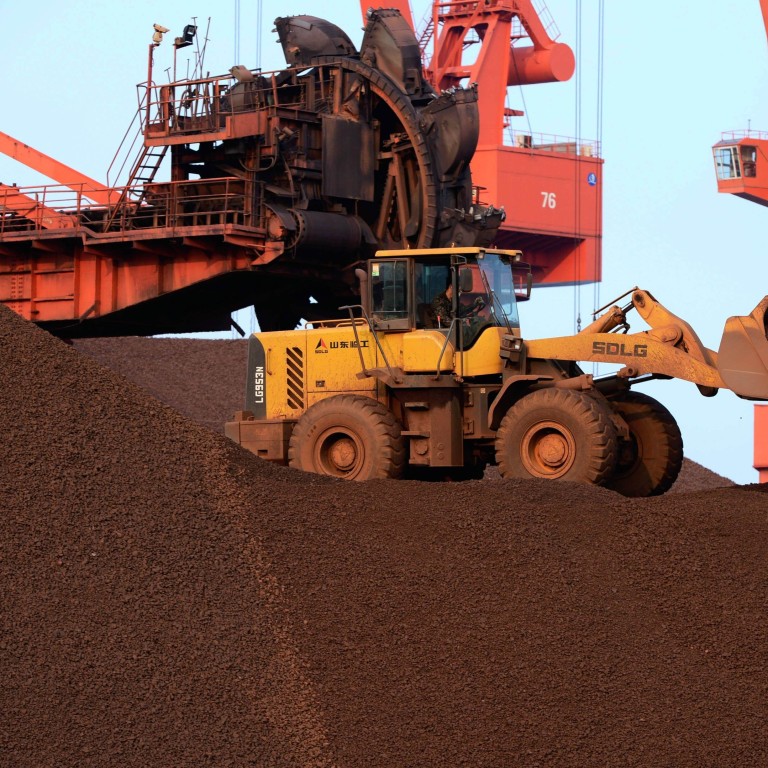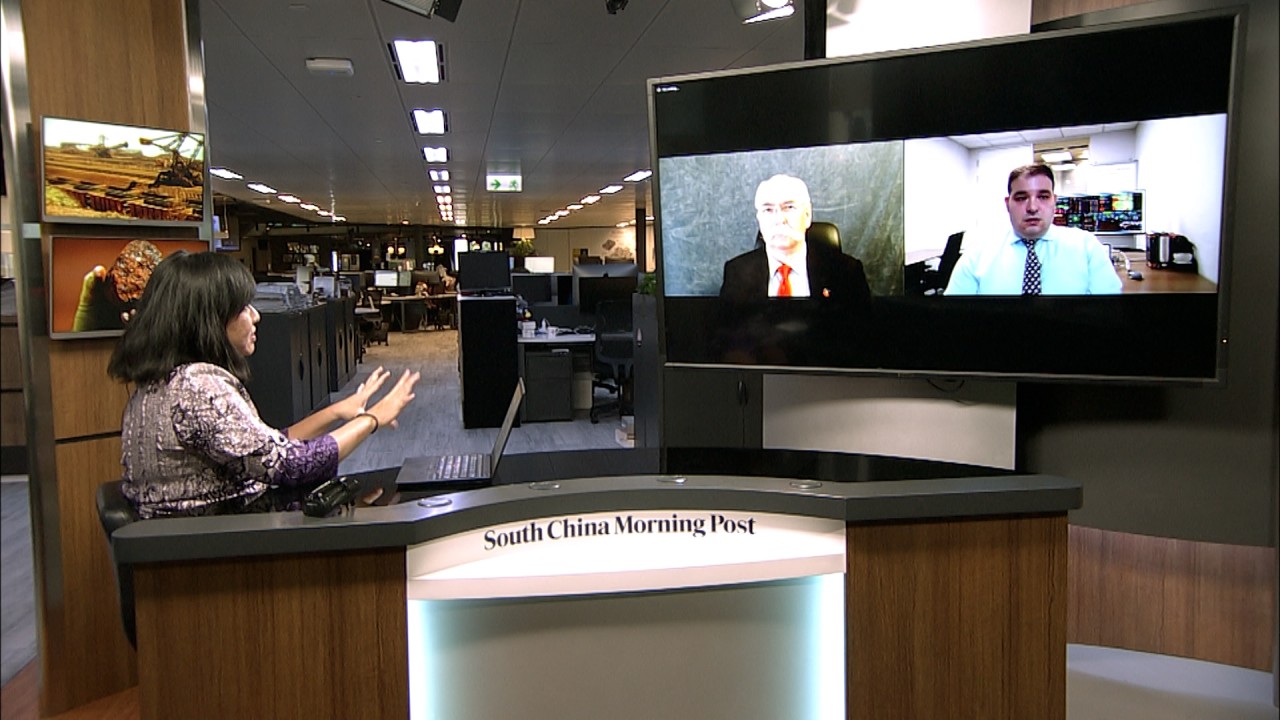
China’s commodity exchanges move to cool iron ore, steel prices as supply squeeze fuels global rally
- Efforts to temper gains in prices of iron ore, steel futures have so far failed to restrain a rally to new highs
- China is the world’s biggest importer of iron ore and producer of steel, according to official data
The Dalian Commodity Exchange raised the margin requirement and widened the daily trading band for iron ore contracts starting Tuesday, without giving specific numbers, according to a statement posted its website late on Monday.
The Shanghai Futures Exchange also on the same day raised trading costs by reinstating fees for closing positions on contracts linked to steel rebar and hot-rolled coils at 0.01 per cent of transaction value, according to a statement on its website.
“There are lots of uncertain factors affecting market operations and commodity prices, particularly coking coal and iron ore, resulting in wild swings,” the Dalian exchange said. “Market players should participate rationally to guard against risks and ensure smooth functioning of the market.”
The cooling measures, however, have failed to restrain the rally, with prices reaching fresh all-time highs on Tuesday. The most active contracts on iron ore gained 1.7 per cent to 1,306.5 yuan per ton, while those on rebar and hot-rolled coils rose at least 4.6 per cent in Shanghai. Prices of copper, iron ore and steel rebar have surged by 86 to 113 per cent in US dollar terms over the past 12 months, according to Bloomberg data.

09:18
Will iron ore be dragged into the ongoing China-Australia trade conflict?
China’s producer inflation accelerated to 6.6 per cent in April, the fastest pace in more than three years, the statistics bureau said on Tuesday morning.
“Commodity prices may be in for the risk of a pullback in the short term,” said Wang Yang, an analyst at Donghai Securities.
China imported a record 1.17 billion tons of iron ore last year, while production of steel increased 7.7 per cent from a year earlier to 1.33 billion tons, according to official data, making it the top buyer and producer worldwide.
Local regulators overseeing the futures market should promote high-quality development in trading to better serve the real economy, according to Fang Xinghai, vice-chairman of the China Securities Regulatory Commission.
“The futures industry should firmly grasp the new development opportunities, increase the internationalisation process and improve China’s global pricing influence in the commodity market,” he said.

